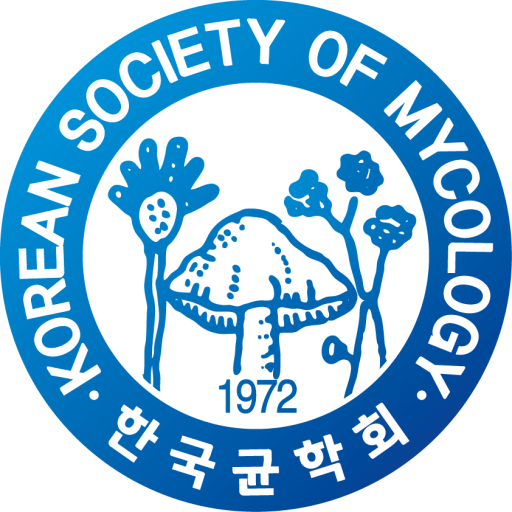Streptomyces spp. are soil-dwelling actinobacteria renowned for producing diverse bioactive metabolites, offering sustainable alternatives to chemical fungicides that threaten the environment and food safety. In this study, we evaluated the biocontrol potential of Streptomyces-derived metabolites against rice brown spot caused by Bipolaris oryzae, a disease increasingly associated with climate change, particularly rising temperatures above the long-term average. Ten isolates were screened for antifungal activity, among which BS3-41 and BS3-11 showed the strongest inhibition. BS3-41 was selected for further evaluation and cultured in ISP4 liquid medium; its culture filtrate was tested in vitro and in vivo. Rice plants (cv. Sindongjin) inoculated with B. oryzae isolate BO-1 and treated with BS3-41 filtrate exhibited markedly reduced lesion development (0.2 ± 0.4%) compared to untreated controls (2.24 ± 0.8%). These findings demonstrate that metabolites from Streptomyces sp. BS3-41 can effectively suppress rice brown spot while reducing reliance on chemical fungicides, highlighting their promise for eco-friendly and climate-resilient crop protection. [This work was supported by the “Biological resources research department for microorganism resources utilization division” National Institute of Biological Resources, Incheon, Korea.]

 English
English